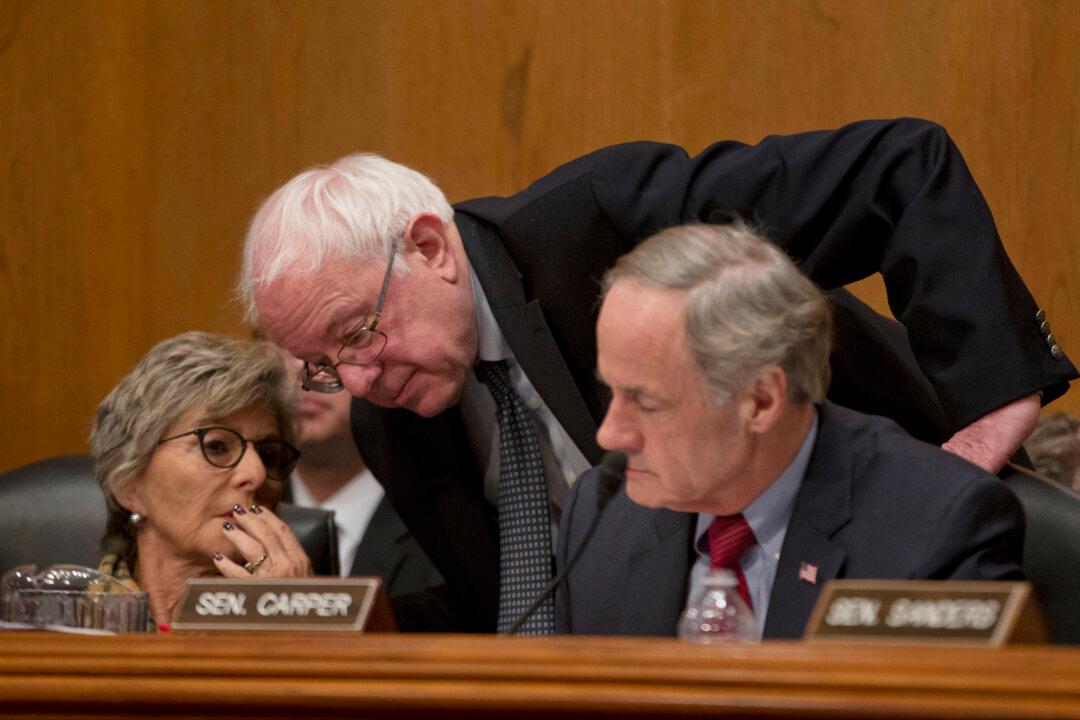Senator Tom Carper (D-Del.) led over three dozen of his Democrat colleagues to introduce a companion bill for Washington, D.C.’s statehood on Tuesday. A similar bill passed the House last year and will now face a Democrat-controlled Senate to determine if D.C. will become the 51st state.
The effort for statehood, which would endow the citizens of D.C. full representation in Congress and control over issues that affect the district, was started in 2013 by Carper.





